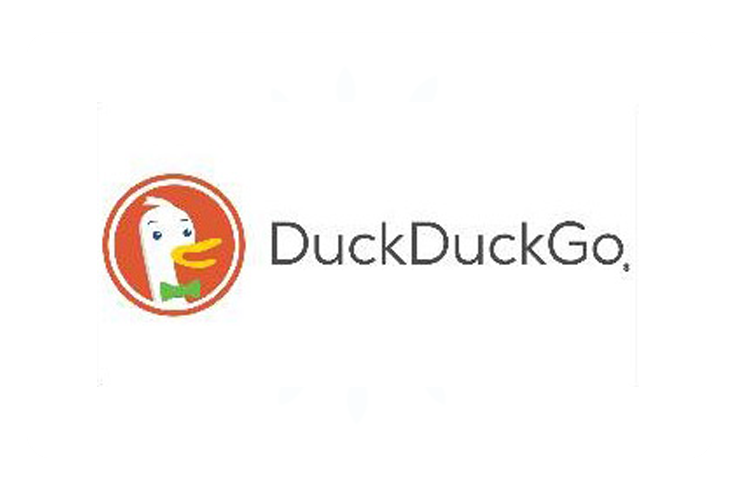About DuckDuckGo
DuckDuckGo was founded in 2008 by Gabriel Weinberg with the goal of providing a search
engine that prioritizes user privacy. The company, headquartered in Paoli, Pennsylvania,
positioned itself as a privacy-first alternative to major search engines like Google, which
rely on user data for targeted advertising. DuckDuckGo gained significant popularity after
privacy concerns surrounding data tracking became more widespread in the 2010s.
DuckDuckGo distinguishes itself by not tracking or storing personal data, and it does not
personalize search results. It uses its own web crawler, DuckDuckBot, combined with data
from hundreds of external sources such as Bing, Yandex, and its own partners to provide
search results. Additionally, the engine blocks third-party trackers, further ensuring user
privacy across the web.
DuckDuckGo continues to grow steadily, particularly among privacy-conscious users. It
handles over 100 million daily searches as of 2023 and has also expanded into providing
browser extensions and a privacy-focused mobile browser. While it holds a small share of
the overall search engine market compared to Google, its user base remains loyal due to
its strong stance on privacy.
DuckDuckGo Timeline
-
2008: DuckDuckGo was founded by Gabriel Weinberg in Paoli, Pennsylvania. The search engine was launched with a focus on providing unbiased search results without the filter bubble effect, differentiating itself from competitors like Google.
-
2010: DuckDuckGo gained attention for its strong privacy stance, making a commitment not to track users’ searches or store personal information. This stance resonated with a small but growing group of users who were concerned about online privacy.
-
2011: DuckDuckGo launched the “Don’t Track Us” campaign to raise awareness about the privacy issues associated with traditional search engines. This campaign helped DuckDuckGo carve out a niche as the go-to search engine for privacy-conscious users.
-
2013: Following the NSA revelations by Edward Snowden, public interest in online privacy surged. DuckDuckGo saw a significant increase in user numbers as people looked for alternatives to data-hungry search engines. Daily search queries increased from around 1 million to over 3 million.
-
2014: DuckDuckGo was added as a default search engine option in Apple’s Safari browser. This move expanded its visibility and helped it gain more mainstream adoption.
-
2018: DuckDuckGo redesigned its platform and introduced new features like enhanced privacy settings, and expanded its efforts to block third-party trackers on websites. This update helped solidify its reputation as a leading privacy-focused search engine.
-
2020: With growing global awareness of data privacy, DuckDuckGo’s daily search queries surpassed 100 million for the first time. It remained independent, emphasizing transparency and user trust as central to its mission.
-
2021: DuckDuckGo launched its own desktop browser focused on privacy, building on the success of its mobile app. The company also expanded its ad network in a way that did not track users, aiming to create a viable business model without compromising on privacy.
-
2022: DuckDuckGo invested in partnerships with privacy-focused projects, including a $200,000 donation to the Tor Project, underscoring its commitment to supporting alternative ways of maintaining anonymity online.
-
2024: DuckDuckGo remains one of the most prominent privacy-focused search engines, offering an alternative to Google with a user base that values anonymity and unbiased search results. Its growth has slowed compared to the meteoric rise of earlier years but continues to attract users who prioritize privacy.
-
Legacy: DuckDuckGo is known for championing user privacy and proving that there is a market for search engines that respect users' data. It has influenced the industry by pushing competitors to adopt better privacy practices and has become a symbol of the alternative internet—one that prioritizes users' rights over data collection.
Hungry for knowledge? Discover another search engine’s fascinating past. Baidu: The Leading Search Engine of China.


